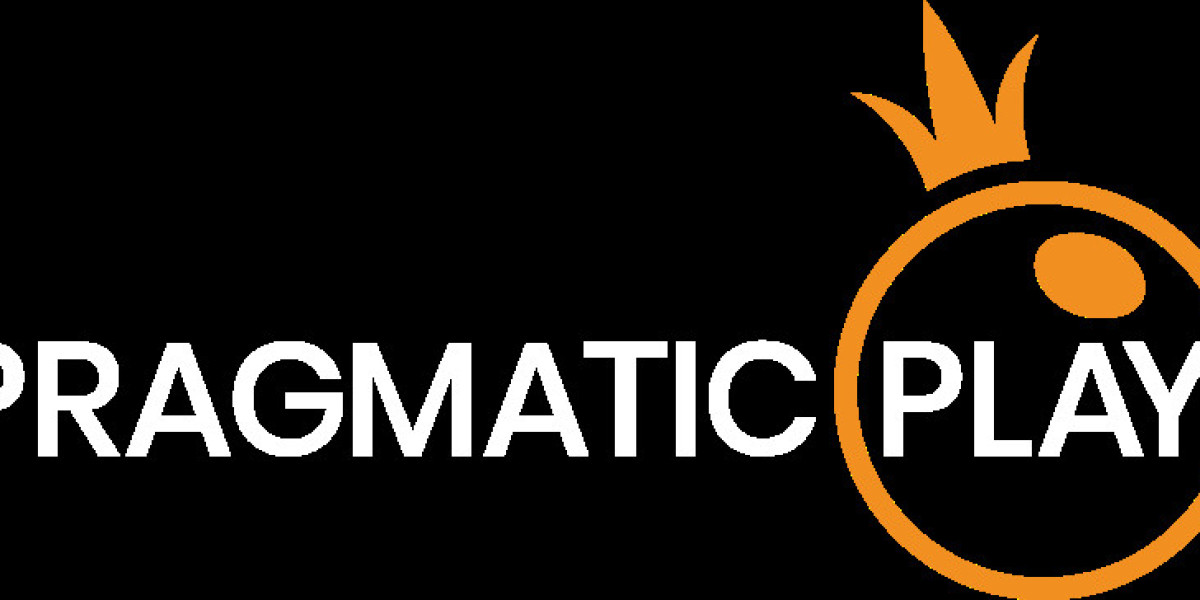Pragmatics is one of the words that is so frequent that you may think you know what it means. However, like many other words in the English language, it's a bit ambiguous.
People who are Pragmatic KR tend to be practical and results-oriented, rather than idealistic dreamers. They realize that at times they might be forced to compromise their ideals to achieve success.
Definition
Pragmatics, a broad area of study that has two main focus areas, is a vast area. The first is the study of what a speaker's meaning and intends by an expression, and the second is the study of the effect of context on the meaning. Since centuries, the study of pragmatics has been an essential aspect of human communication and language. The journal that is scholarly, Pragmatics, was the first journal dedicated exclusively to this area.
Pragmatism is a philosophy that challenges the foundationalist orthodoxy. It argues intuitions are always interpreted through descriptions and concepts. Therefore, we cannot get to the truth without filtering our worldviews and beliefs. According to pragmatists, such as Sellars, Rorty, Putnam, and Nelson Goodman, we can't prove the validity of theories or worldviews through comparing them with raw, unsullied sensuous experience.
There are a variety of types of pragmatics, ranging from the study of speech actions to the study of the theory of politeness. These areas of pragmatics are being studied by a variety of pioneering concepts, including politeness theory, conversational implicature and speech acts. The study of pragmatics is becoming increasingly crucial as the development of intelligent machines and augmented realities have enabled more complex interaction with humans.
Some pragmatists are more extreme than others. Some claim that correspondence theory is not true and should be discarded. Others are more cautious and insist that the standard formulation is uninformative and incomplete. Schiller and Rorty, for example belong to one side and Peirce James and Dewey are in the other.
Scholars have studied the their understanding of the development and history of linguistic pragmatics using bibliometric and scientific indicators. These indicators permit the identification and analysis of developments and trends within the field of pragmatics. For instance the growing importance of cognitive science in the field of linguistic pragmatics. In addition, it's possible to identify the most influential researchers in the field by studying their citation records. The results of this study are shown below. Below are the most prominent scholars, their fields of expertise and number of citations.
Examples
The pragmatics field is huge and complex. It covers a broad range of aspects of human communication including inferences about the logical meanings that are based on communication as well as the semiotics of nonverbal communications. It is also connected to other disciplines, such as sociology, anthropology, psychology and linguistics. In the latter half of the 20th century, pragmatics grew into an interdisciplinary field, with the influence of anthropological discourse analysis, cognitive-behavioural psychology and linguists.
There are a variety of pragmatics. These include linguistic pragmatics and clinical pragmatics. The former is focused on the use of language and the context of spoken words, while the latter is focused on the interactions between the patient and the clinician. Clinical pragmatics is an interdisciplinary field that has seen rapid growth in recent years due to advances in healthcare and the accessibility of more information about speech disorders.
The word"pragmatic" originates from Latin pragma, meaning "to take up". John Locke was the first to use the term to describe his philosophy. Later, it was adopted by Charles Sanders Peirce, who called his philosophy pragmatic. Peirce created his philosophy as a reaction against traditional analytic philosophy which he found unconvincing.
Peirce's pragmatism was an eclectic and wide-ranging philosophy that was influenced by many different disciplines, such as mathematics, biology, philosophy and sociology. It also influenced the theories of other philosophers, such as Dewey and Mead who were involved in social work and women's rights.
The philosophical theories based on pragmatism may be diverse, but all share one common element - the conviction that truth is in the end a matter of to the individual's perceptions and experience. In the case of linguistic pragmatism, this principle is applicable to vocabulary, grammar pronunciation, and other aspects of the language.
The pragmatism has had a significant impact on the areas of sociolinguistics and anthropology and speech-language pathology. These disciplines have contributed to the development of pragmatic theory of language, which has grown in the course of time to encompass a variety of aspects of communication. The scholarly literature on the subject of pragmatics has also gotten bigger over time and the number of articles is growing. The availability of computer programs that can analyze language usage and aid in understanding human communication has aided in the development of this field.
Pronunciation
Pragmatics is the branch of philosophy of language studies that examines the connection between thought and action. Its aims include understanding how and what people say when they speak, what those words mean, the contexts in which they are used and whether they are able to accomplish their intended goals. Fields of study that are applied to public administration and political science, as well as leadership studies and international relations frequently incorporate the principles of pragmatics.
The word"pragmatic" comes from a Latin phrase that means "to be practical." The word was originally used to describe a technique for analysing sentences and words in terms of their effectiveness and efficiency. It is also employed more recently to define the general approach to decision-making that focuses on the practical aspect of things.
Philosophers who advocate pragmatics are identified by their ability to consider the pros and cons of different choices and options, as well as their willingness to compromise and sacrifice certain ideas to achieve a desired objective. They are objective and look at the facts of the situation to make logical sensible decisions that lead to the best possible result.
William James and John Dewey are both considered to be the founding fathers of American Philosophy. They were influenced in the movement by Charles S. Peirce, who renamed his own doctrine pragmatics to distinguish it from the opinions of James and Dewey. Richard Rorty and Susan Haack are contemporary philosophers who have developed an analytical model that is complex.
Other kinds of thought, including the logical positivism, as well as ordinary language philosophy, and behaviorism within sociology and psychology, share some similarities with the pragmatic approach. Logical positivism has a verification of meaning criterion that is designed to eliminate metaphysics from the philosophical landscape, however it doesn't stress the importance of action in the same way that pragmatism does.
Pragmatics is an essential component of studying natural language and is an essential aspect of business communication. It's important for leaders to be able to analyze situations and adapt their communications to maximize the effectiveness of their meetings or sales pitches, as well as negotiations. Listening to native speakers is important to improve this skill. You can also practice pronunciation with tools like Promova.
Usage
A person who is pragmatic is one who is more concerned with facts than with ideals. They can think about what is feasible and how it could impact others. This kind of person is often compared with an idealist, who's views are more valued and based on principles. A politician, for instance could describe himself as a pragmatist by saying that he's willing and open to the views of others.
It is important that children develop pragmatic language skills, especially when they interact with their family, teachers and peers. These skills enable them to communicate, play games and negotiate disagreements. They also allow them to communicate in more complicated ways, including using metaphors and sarcasm. Children acquire these skills early in life however, they are refined throughout childhood and into adolescence as they interact with their environment.
Many people think of the concept of pragmatism as a philosophical idea but it is more precisely defined as the use of practical consequences in making decisions. It is also a term for a philosophy that stresses the use of this approach.
The term"pragmatic" is used in a variety of fields, including education and the law. In the field of linguistics, it is used to describe socially-based communication aspects that are dependent on context and culture. It differs from other aspects of the language, such phonology and syntax, which are not as dependent upon the social context.
In order to teach and assess these aspects effectively, it is important to understand how they affect the speech and language. The use of pragmatic markers is among the most prevalent aspects of pragmatic language. PMs are lexical terms that indicate the intended meaning of the communication and how an conversation partner is to interpret it. They include you know, so, and okay. They are generally used at high frequencies and are employed in a way that is largely unconscious. The PMs have metapragmatic, social and textual objectives (Gordon 2007).
The study of pragmatics has a long tradition and is a popular research field. The research is multidisciplinary, and the most commonly-cited journals include the Journal of Pragmatics and Intercultural Pragmatics. VOSviewer has created a visualisation of the network of these journals, showing the most popular authors and topics relating to the development of pragmatic language. The colour code is a sign of the type of subject that is being discussed: yellow indicates pragmatic competence, blue is theory of mind and green is neuropragmatics and clinical.









